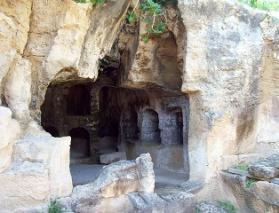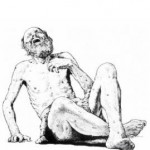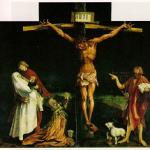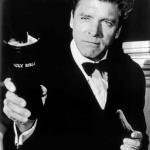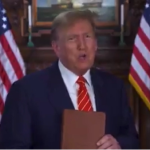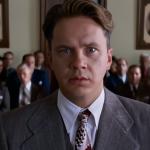Every once in a while someone posts a comment on my blog that reminds me of why I dedicate so much time, thought, and energy to my writing. A while ago, a person new to following my blog posted just such a comment. He was actually commenting on a post that I wrote several months ago, in which I (as I often have) expressed my confusion about why evangelical Christians are so supportive of Donald Trump. Here’s what he wrote:
It is very refreshing to hear a Christian of faith actually take a stand against the kind of bigotry and political vitriol that we have heard so much in this presidential campaign this year. I was a convert to Judaism almost 40 years ago mainly for some of the reasons you outlined above. As I’ve explained to some of my evangelical Christian friends who I went to high school with in Alabama, I chose Judaism because it allowed me the freedom to question the tenets of my faith without any repercussions from other Jews because there is such a broad spectrum of beliefs within Judaism from atheism to orthodoxy. What unites Jews as a people of faith is not their theological beliefs or political persuasions but their worldview and values regarding the dignity of all people and their commitment as the Chosen People to honor Abraham’s covenant by serving as partners with God to do their part to make this world a better place for all humankind, what in Hebrew is called “tikkun olam” (תיקון עולם) or “repair of the world”.

Although I hadn’t thought about it for a while, I am very familiar with “tikkun olam” and find it to be one of the most fruitful concepts when thinking about God that I have ever encountered. I also believe that there is a similar concept in Christianity, if one knows where to look for it. I call it “incarnation.”
Rabbi Abraham Heschel once said in an interview that “There is a partnership of God and men. God needs our help.”
That is not an exclusively Jewish sentiment; at the heart of Christianity lies the amazing idea that the way God chooses to be in the world is through human beings. I was taught that the Incarnation—God becoming human—was a one-time historical event, but the truth of the matter is that the divine strategy of God engaging with the world in human form continues. In us. Benedictine sister Joan Chittister expresses it well:
God did not finish creation; God started it. Its ongoing development God leaves to us. What we do in life makes us the hands of God in living flesh and blood.
Elsewhere, she expands on the idea:
Having made the world, having given it everything it needs to continue, having brought it to the point of abundance and possibility and dynamism, God left it for us to finish. God left it to us to be the mercy and the justice, the charity and the care, the righteousness and the commitment, all that it will take for people to bring the goodness of God to outweigh the rest.
I have found that this proposed collaboration between divine and human exhilarates some and causes others to check their heresy meter.
Understanding incarnation as a continuing divine strategy rather than a one-time deal requires rethinking some characteristics that Christians have traditionally attributed to God—particularly omnipotence. Claims such as “God needs our help” and “God leaves it to us” require some explanation if God is all-powerful and can do whatever God chooses to do.
But perhaps power is not the primary motivating factor for the divine. Simone Weil argues that the very act of divine creation was also an act of diminishment, even abandonment. Out of love, God chooses to withdraw from direct intervention in our world, choosing rather to be in the world through the free choices and actions of human beings. Annie Dillard summarizes Weil’s insight as follows:
Mostly, God is out of the physical loop. Or the loop is a spinning hole in his side. Simone Weil takes a notion from Rabbi Isaac Luria to acknowledge that God’s hands are tied. To create, God did not extend himself but withdrew himself; he humbled and obliterated himself, and left outside himself the domain of necessity, in which he does not intervene. Even in the domain of souls, he intervenes “only under certain conditions.”
Weil puts it even more strikingly: The absence of God is the most marvelous testimony of perfect love. I teach this aspect of Weil’s thought frequently to mostly Catholic juniors and seniors in an honors capstone seminar. The students invariably find the idea of a God who out of love chooses diminishment in power to be challenging, to say the least. Yet the evidence for such an interpretation is at the heart of the Christian narrative. God become human and lived a human life in humility and weakness; from within these parameters, parameters that define all of us, the world was changed forever.
The commenter on my blog has been following my essays for only a short while, and has apparently been reading any number of posts. He closed by reacting to a different essay from a while ago.
As a Jew I have the kind of Socratic faith that you have and which you so eloquently explained in one of your blogs. It may not always feel like it to you, but I believe you are doing God’s work, whether there is a God or not. Your brand of Christianity makes me want to believe that there is.
Thanks, I needed that.








